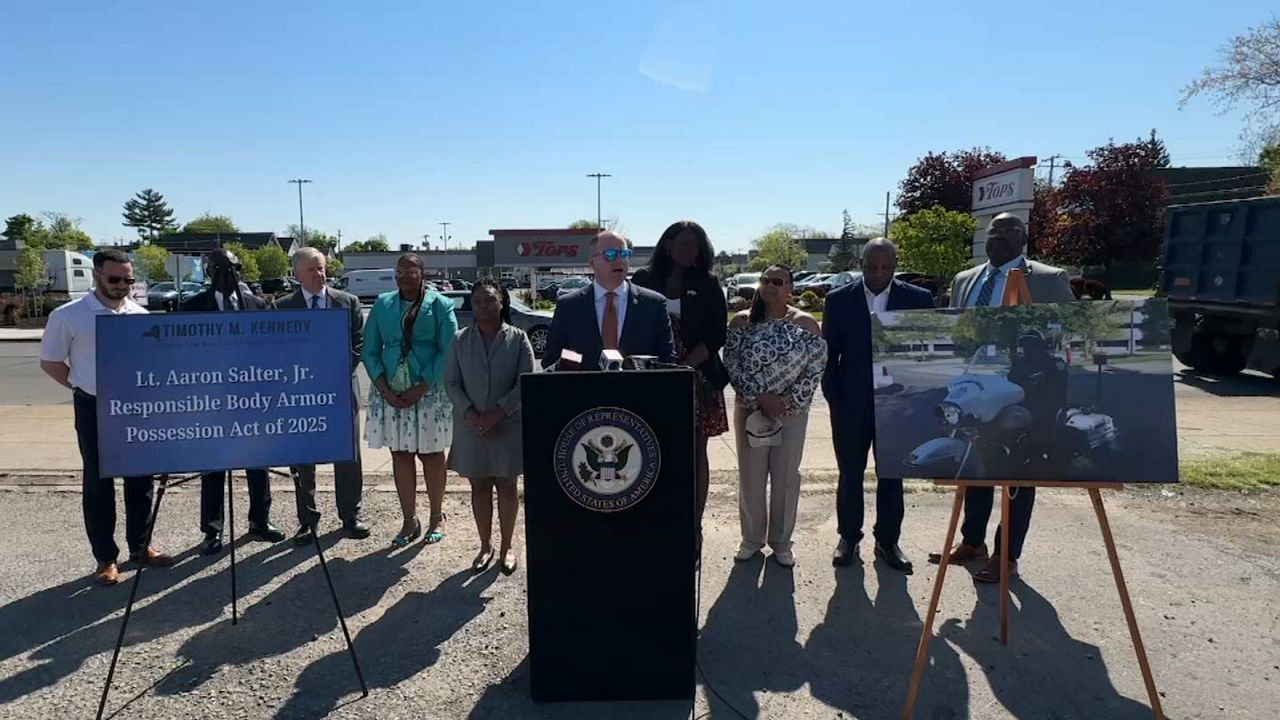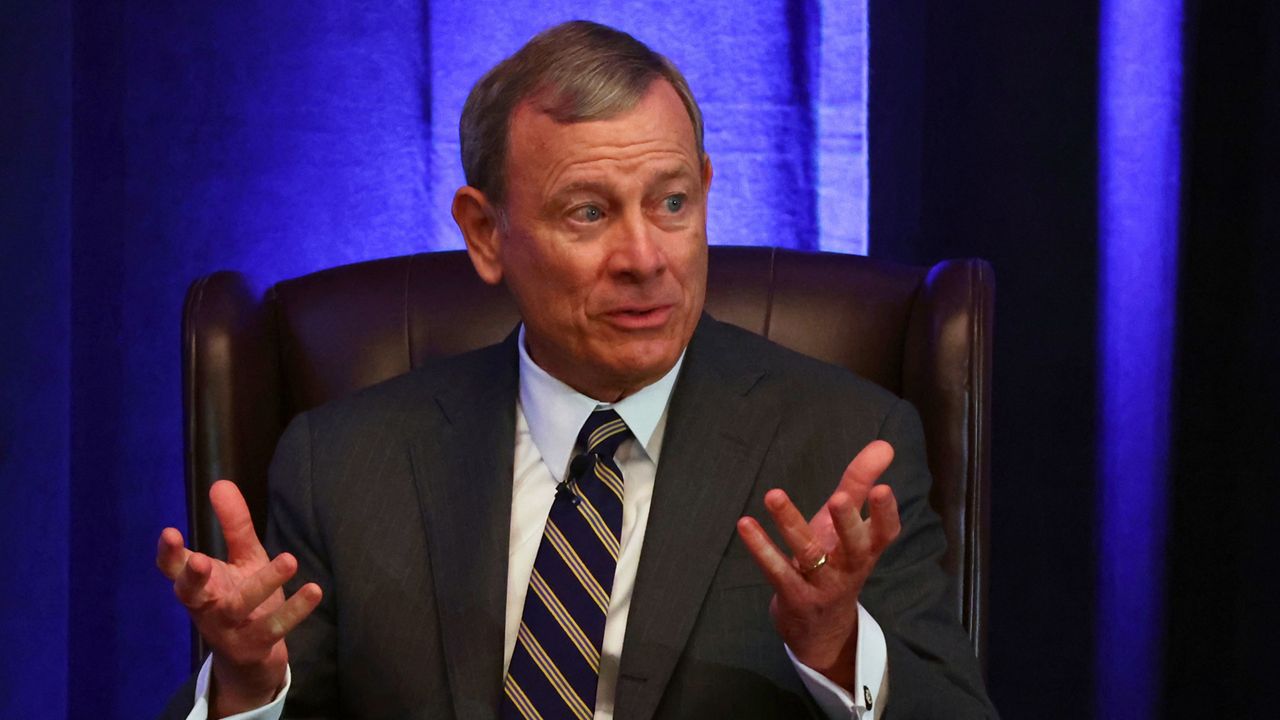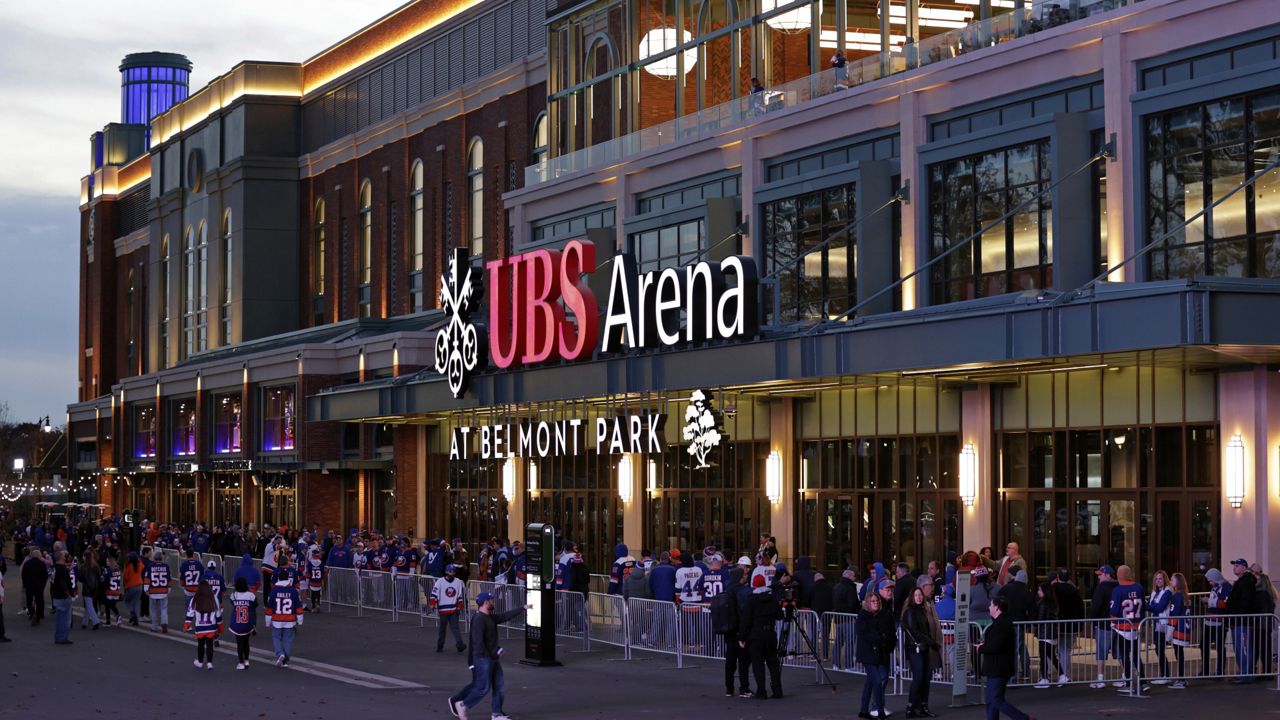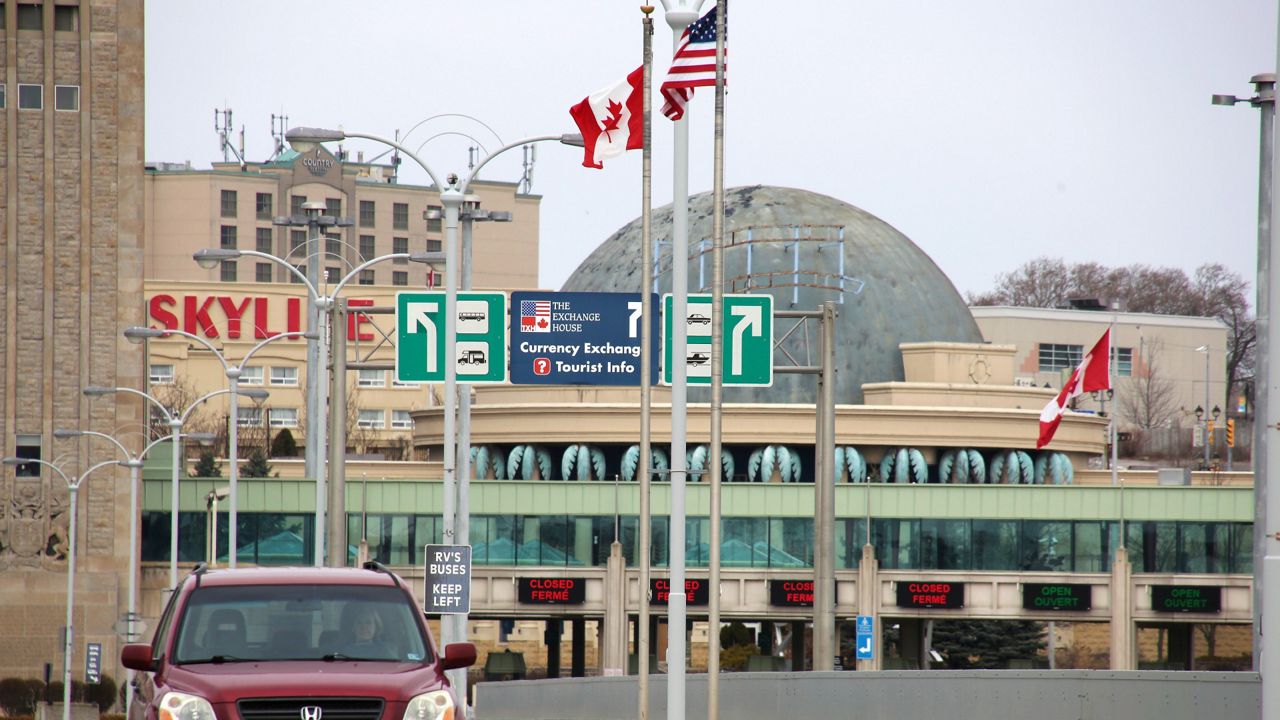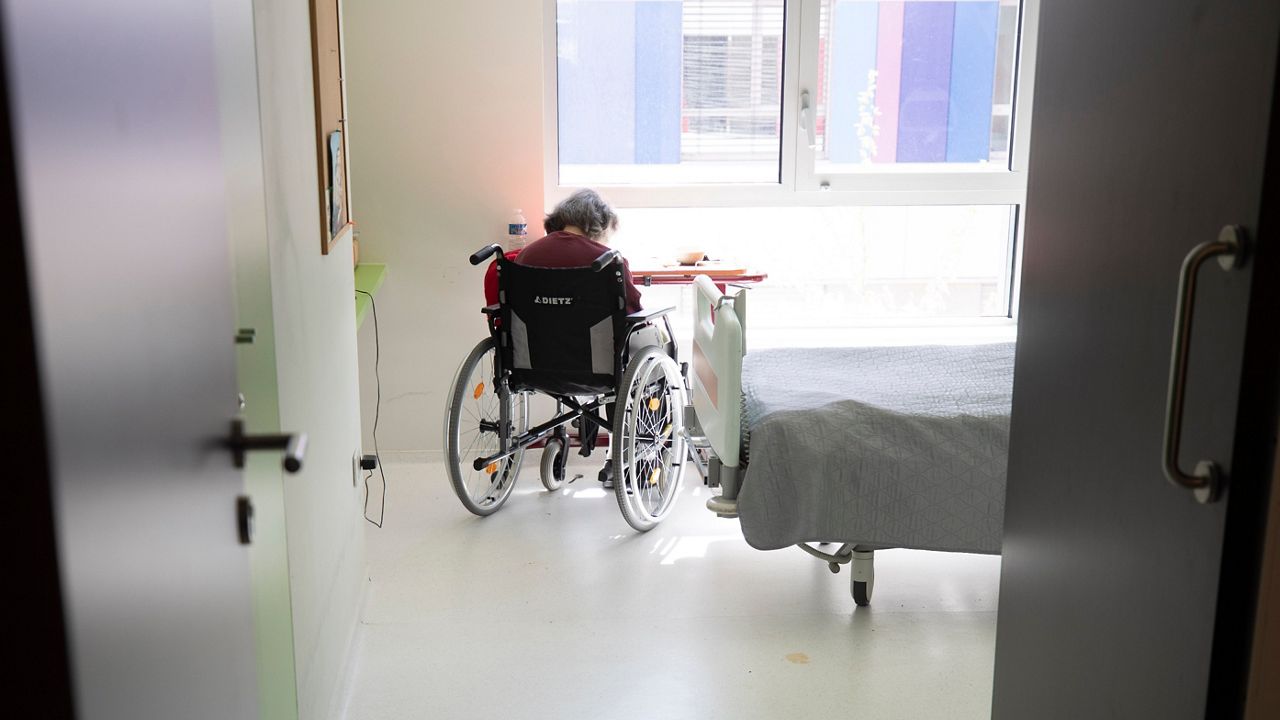BUFFALO, N.Y. — State Supreme Court Justice Emilio Colaiacovo did not make a decision on a motion requesting a more permanent preliminary injunction to bar work on the estimated $1 billion Kensington Expressway project Friday, but he did extend his temporary restraining order from a few weeks ago until he makes that ruling.
The TRO allows the state to award contracts and contractors to do non-construction work like site surveys, but no shovels can hit the ground. Numerous different petitioners brought lawsuits against the project.
The primary argument is the state Department of Transportation bypassed an Environmental Impact Study the petitioners, including a group called the East Side Parkways Coalition, believed it was supposed to do. With lots of interest, the judge changed courtrooms to allow dozens of people to attend Friday's proceedings.
"Here the state said it did not need to do a 'deeper dive,' claiming that this project, which is the largest and most invasive building project in Western New York, would not have a serious impact on the surrounding community," Colaiacovo said in his ruling. "This is hard to fathom."
Colaiacovo ordered both sides to issue a final and succinct brief of their arguments, no more than 15 pages, by Nov. 1. They are back in court Nov. 18 for a hearing on the state's motion to dismiss.
"This community has been misled in the past. We have a community that is full of illness, respiratory diseases, cardiovascular diseases, low life expectancy," attorney for the petitioners Alan Bozer said. "I think the judge is sensitive to it but we await his final decision."
Colaiacovo, however, will void the restraining order if petitioners don't post a $10,000 bond by Nov. 15. The bond is compensation for the inflationary costs the state is incurring because of the delays.
It is significantly less than the $445,000 attorneys for the state say just one month of delays will cost. The East Side Parkways Coalition said it has already raised $150,000 for legal costs from hundreds of donors.
"This is about a large infrastructure project in an urban, residential neighborhood. We have a problem with this project because it is in a dense urban neighborhood. It has been for decades impacting this community, and not just any community, a largely disadvantaged community," Michael Gainer, of the coalition, said.
Attorneys for the state said delaying the first part of the project, improving an aging bridge over Best Street, is not just costing taxpayers money. They said it is stopping the DOT from doing work that will significantly benefit many people.
"There are a large number of people who are not in this courtroom, who are not petitioners who stand to benefit from this project. The Best Street Bridge portion of the project alone, increases bike paths, pedestrian paths, smooths traffic flow," Assistant NYS Attorney General Patrick Omilian told the judge.
The main component of the project includes creating a tunnel over about three-quarters of a mile of the expressway with green space above, meant to reconnect a historically disenfranchised community to other neighborhoods in the city. The judge made clear this case is about whether the proper steps were taken, not the value of the project, although state leaders, including the governor, have said long delays could jeopardize the availability of currently allocated federal funds.







